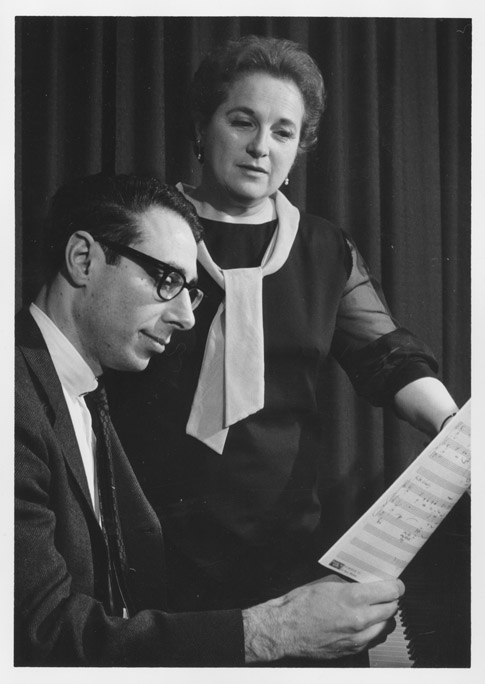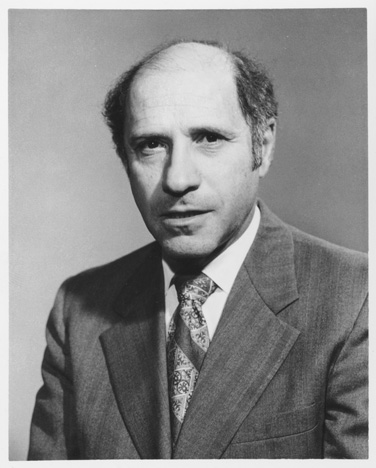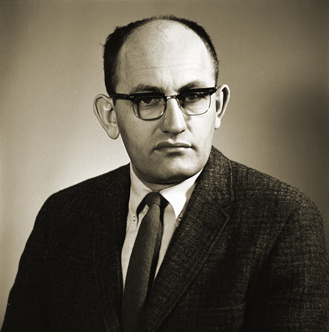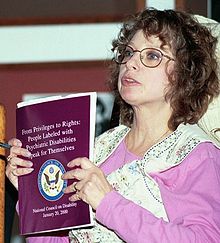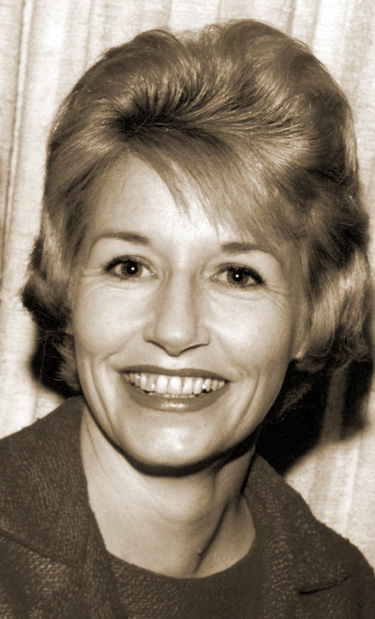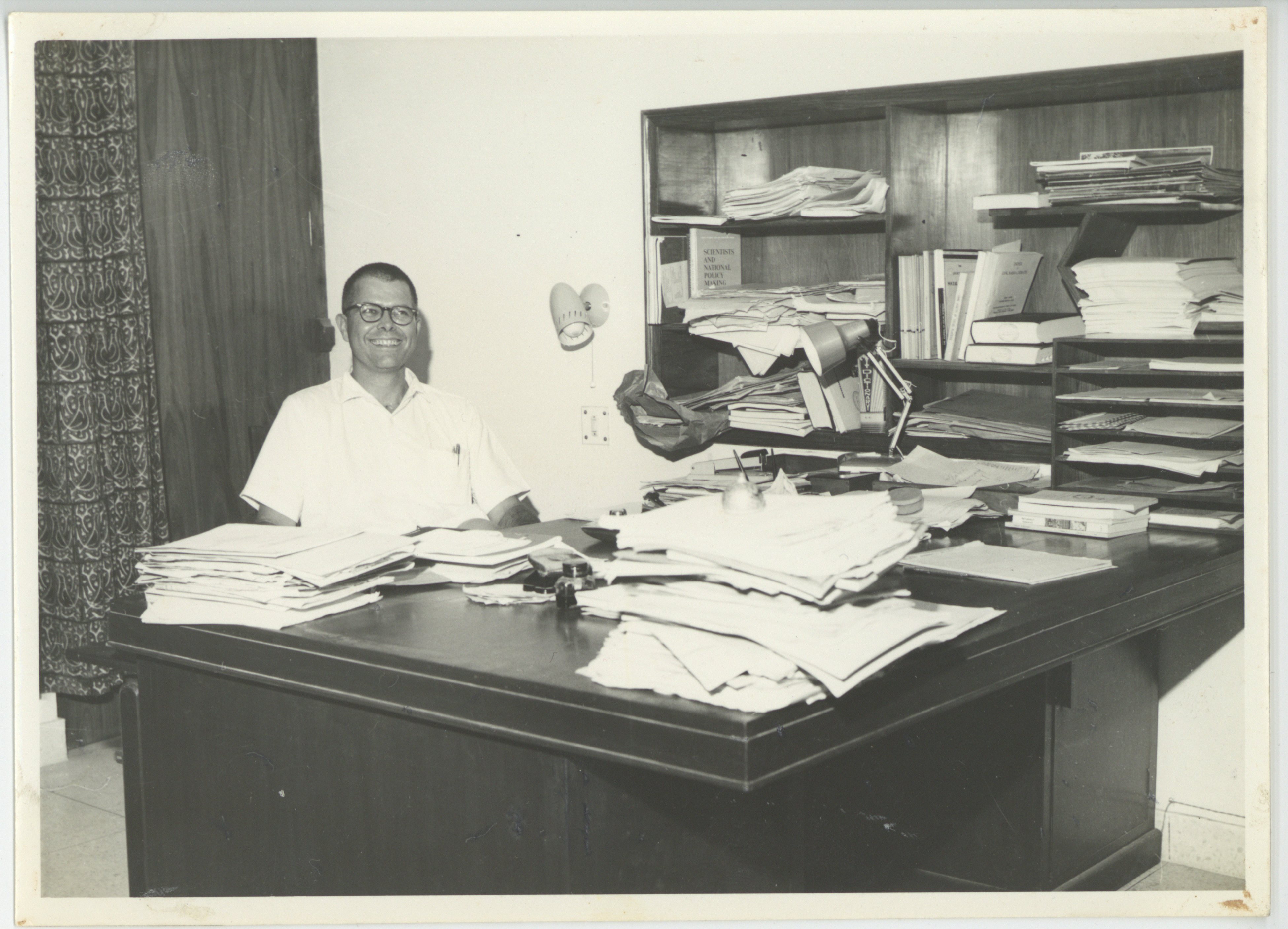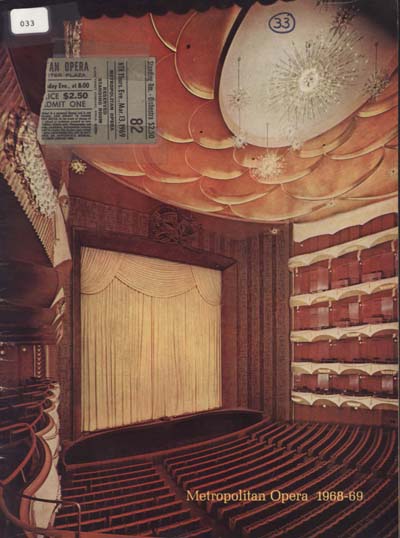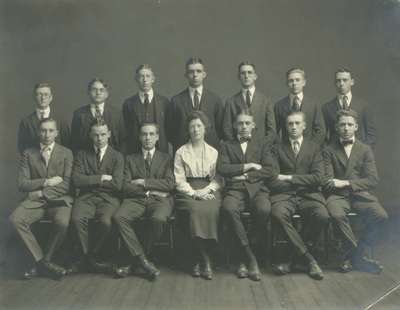William M. Irvine Papers
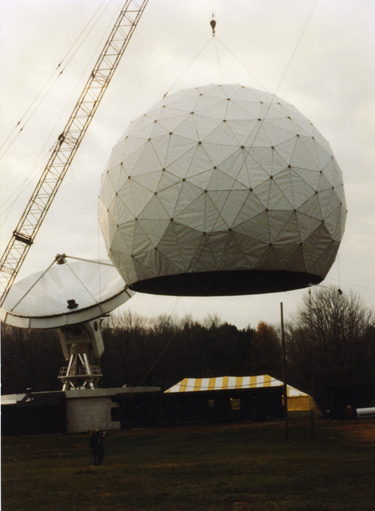
Beginning with his dissertation in theoretical astrophysics “Local irregularities in a universe satisfying the cosmological principle” (Harvard, 1961), William M. Irvine enjoyed a distinguished career as an astronomer and a role as one of the primary figures in developing astronomy at the Five Colleges. Arriving at UMass in 1966, Irvine helped build the graduate program in astronomy and beginning in 1969, he was a motive force in establishing the Five College Radio Astronomy Observatory. Focused largely on the chemistry of dense interstellar clouds and the physics and chemistry of comets, and with a broad interest in bioastronomy/astrobiology, Irvine has been a prolific contributor to his field, and has served as President of the Commission on Bioastronomy at the International Astronomical Union, Chair of the Division for Planetary Sciences at the American Astronomical Society, a Councillor of the International Society for the Study of the origin of Life, and a member of the Royal Astronomical Society.
The Irvine Papers offer a thorough record of the establishment of the Five College Radio Astronomy Observatory from 1969 through its dedication in Oct. 1976, along with insights into the growth of astronomy at UMass and the Five College Astronomy Department. Correspondence, memoranda, grant applications, and many dozens of photographs offer insight into the financial and political challenges of building the Observatory in the Quabbin watershed. The collection also includes notes for teaching Astronomy 101 and 223 (planetary science). His history of the department, Reflections on the Growth of Astronomy at the University of Massachusetts and the Five College Astronomy Department (2006), is filed with the Physics and Astronomy Department records and a copy is included in this collection. Irvine’s published works are listed in the Libraries’ ScholarWorks author gallery.

